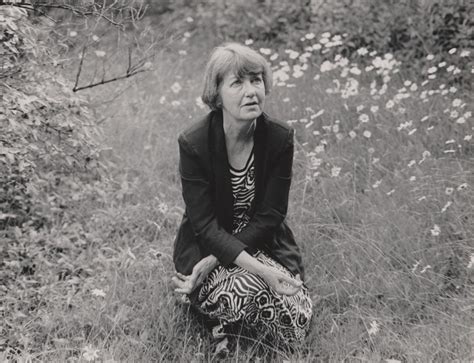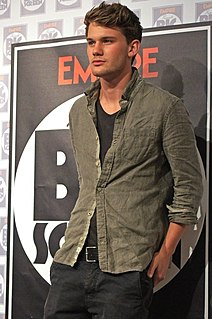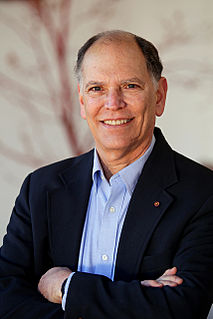A Quote by Lisel Mueller
I am imprinted with the whole sense of European history, especially German history, going back to World War I, which really destroyed all the old values and culture. My grandparents had been reasonably well-off but they became quite poor, living in an attic apartment.
Related Quotes
Warsaw's historic heart was deliberately almost entirely destroyed towards the end of the Second World War by the German occupying troops. After the war, it was painstakingly rebuilt and that reconstruction is perceived as expressing the nation's determination to survive, to conserve its history and its culture.
The Philippines and the U.S. have had a strong relationship with each other for a very long time now. We have a shared history. We have shared values, democracy, freedom, and we have been in all the wars together in modern history, the World War, Second World War, Cold War, Vietnam, Korea, now the war on terrorism.
What initially attracted me to The Seventh Seal was that it had values and characteristics which I was familiar with in other art forms, most notably, the European novel and certain forms on English drama, and indeed, in relation to my rather academic interest in history -- not "history" in the normal sense, but history as a form of entertainment . It might be a very unfashionable view but I believe that history is an amazing bank or reserve area of plots, characterisations, extraordinary events, etc.
I think fashion is probably one of the most accessible and immediate forms of visual culture. In 1978, when I realized that I wanted to work on fashion, I had gone to Yale to get my Ph.D. in European cultural history. I suddenly realized fashion's part of culture, and I can do fashion history. All my professors thought this was a really bad idea, that fashion was frivolous and unimportant. And, increasingly over time, people have recognized that it provides such a mirror to the way we think, our values and attitudes.
I did not know much history when I became a bombardier in the U.S. Air Force in World War II. Only after the War did I see that we, like the Nazis, had committed atrocities... Hiroshima, Nagasaki, Dresden, my own bombing missions. And when I studied history after the War, I learned from reading on my own, not from my university classes, about the history of U.S. expansion and imperialism.
I love art, and I love history, but it is living art and living history that I love. It is in the interest of living art and living history that I oppose so-called restoration. What history can there be in a building bedaubed with ornament, which cannot at the best be anything but a hopeless and lifeless imitation of the hope and vigor of the earlier world?
I soon began to sense a fundamental perceptual difficulty among male scholars (and some female ones) for which 'sexism' is too facile a term. It is really an intellectual defect, which might be termed 'patrivincialism' or patrochialism': the assumption that women are a subgroup, that men's culture is the 'real' world, that patriarchy is equivalent to culture and culture to patriarchy, that the 'great' or 'liberalizing' periods of history have been the same for women as for men.







































